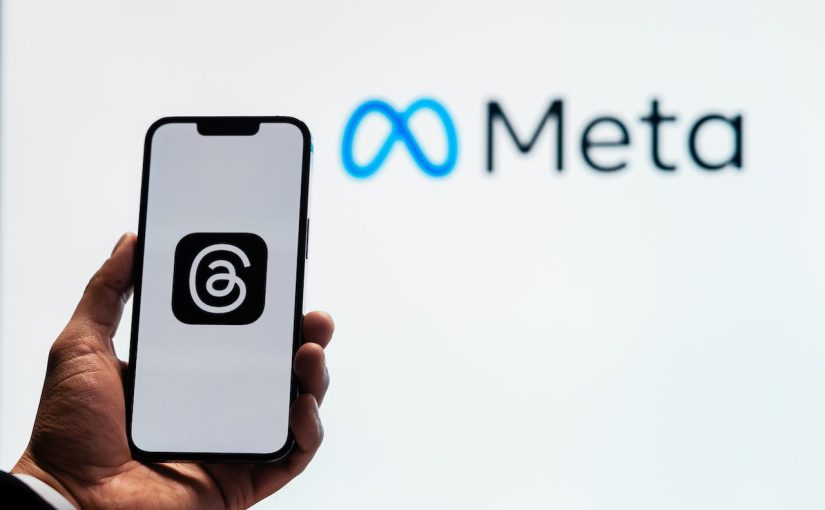The state of New Mexico has sued Meta, the publisher of Facebook and Instagram, alleging that it has failed to protect children from sexual abuse and online solicitation.
As reported by Time, the lawsuit follows an undercover online investigation with New Mexico Attorney General Raul Torrez delivering a strong rebuke to the social media giant.
“Our investigation into Meta’s social media platforms demonstrates that they are not safe spaces for children but rather prime locations for predators to trade child pornography and solicit minors for sex.”
He added that Meta allows “dozens of adults to find, contact, and press children into providing sexually explicit pictures of themselves or participate in pornographic videos.”
The New Mexico sting was set up using decoy accounts of minors up to 14 years old who were then sent sexually explicit images even after the ‘children’ stated that they did not want them.
State action against Meta
While Meta did not respond specifically to the case brought by New Mexico, company spokesman Andy Stone provided information on the company’s position to combat the activity of predators.
“We use sophisticated technology, hire child safety experts, report content to the National Center for Missing and Exploited Children, and share information and tools with other companies and law enforcement, including state attorneys general, to help root out predators,” he stated.
“In one month alone, we disabled more than half a million accounts for violating our child safety policies.”
Time also stated that critics of Meta believe the tech giant is just not doing enough to crack down on those abusing its platforms, including former employees who have complained that the largely automated content moderation systems are not fit for purpose, to take appropriate action to stamp out the abuse.
The New Mexico lawsuit comes as more than 40 US states sued Meta in October, alleging that its intentionally addictive platforms are fueling a mental health crisis in young people.
Meta was accused of repeatedly misleading the public on the dangers of its social media apps, such as Instagram and Facebook, as well as encouraging repeated, compulsive use.


















